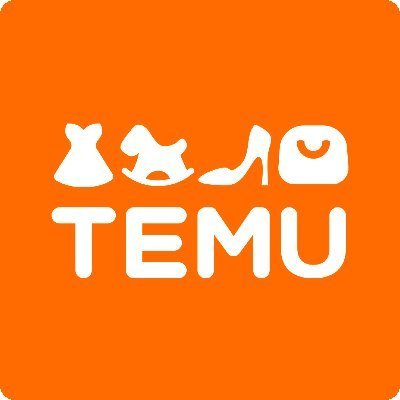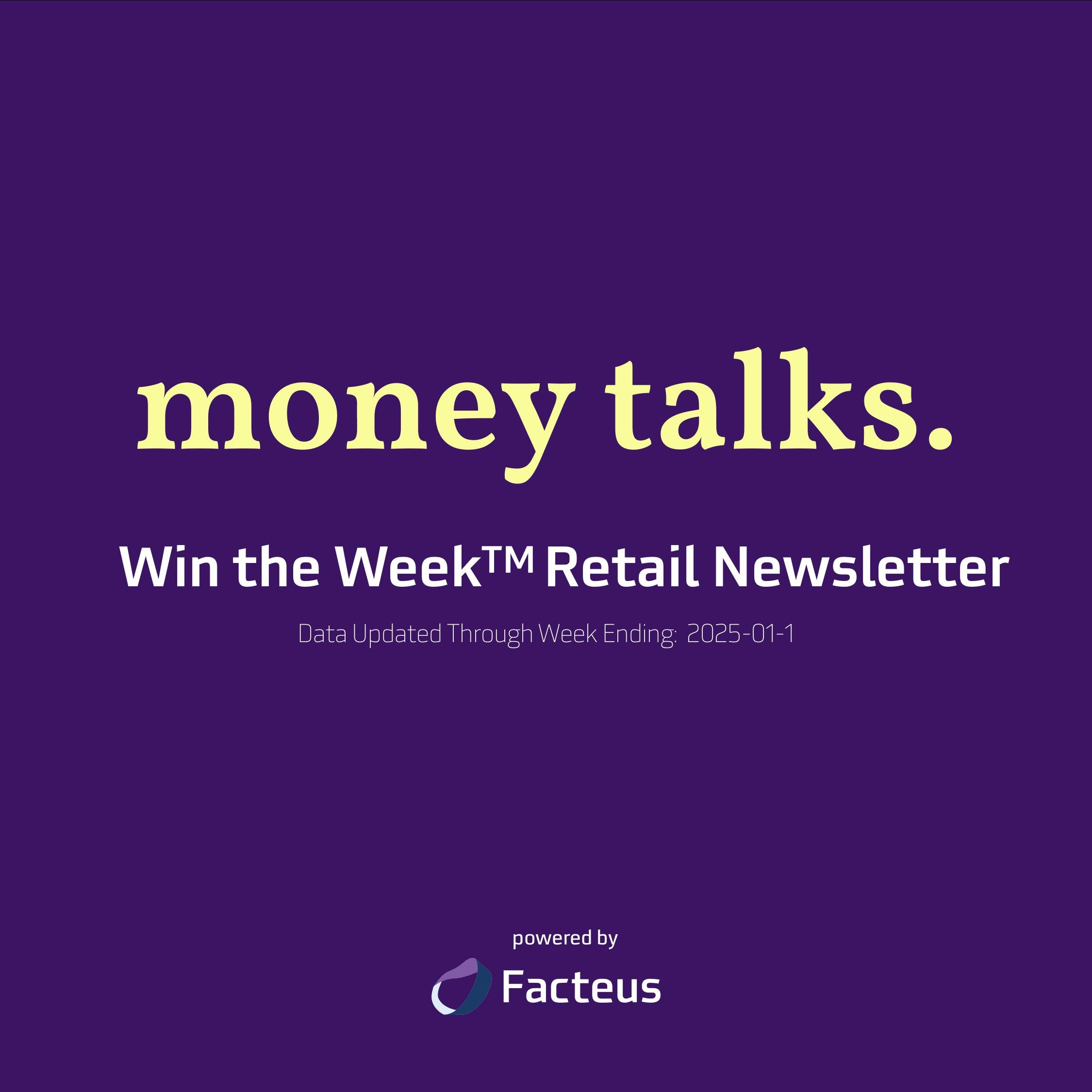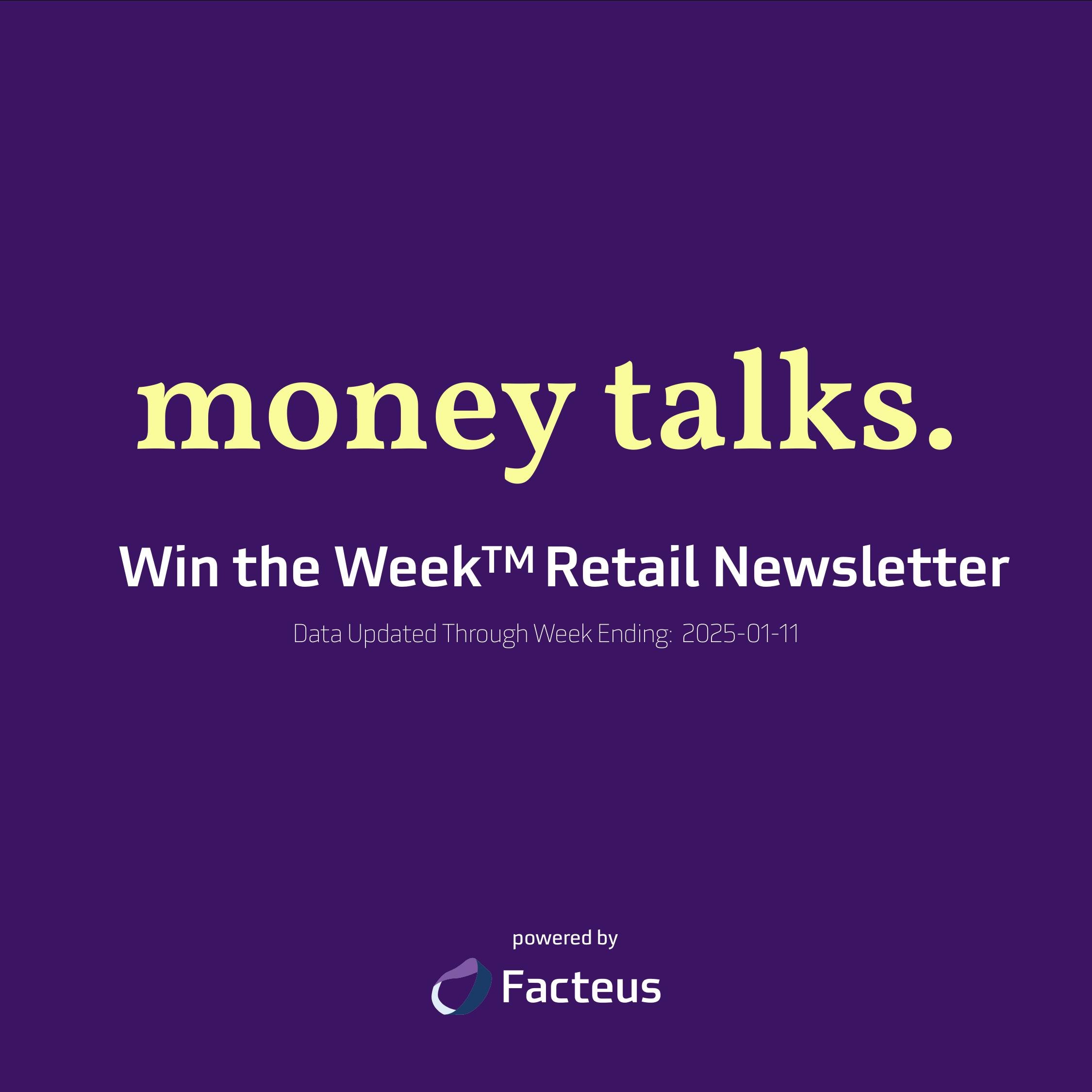Win the Week™ Retail Newsletter (Sept. 21, 2024)






Dear Reader,
Welcome to our latest edition of the Win the Week newsletter, covering consumer spending trends for the week ending September 21, 2024. This week's data shows a mixed picture with some categories stabilizing or slightly improving after last week's broad declines.
Let's dive into the numbers and analyze the most recent retail spending trends and consumer shopping behaviors.
The latest highlights are featured below.
General Retail Spending
Bouncing back from last week’s declines, general retail spending experienced near across-the-board increases in average ticket growth (ATG) while week-over-week (WoW) spend growth improved, despite most brands still seeing red here.
Specifically, when compared to general retail spending last week, the ATG for Temu, Walmart, and Target all increased, rising by 0.2%, 0.9%, and 1%, respectively. Amazon was the only big box retailer to see a dropoff in ATG this week, with average ticket growth dropping by 0.3%.
Notably, the WoW spend growth displayed remarkable gains, even though Amazon, Temu, and Walmart continued to experience slight declines (all under 2%). Target, the retailer with the highest ATG this week, was also the only big box retailer with upticks in WoW spend growth, seeing 1.5% gains in this area.
Combining that data, here’s what general retail spending looked like last week:
Weekly spend growth: -0.4%
Average ticket growth: 0.3%
Fast Fashion Spending
Following the lead set by general retail spending last week, fast fashion spending also bounced back this week, with some surprising upticks, despite a few continued declines.
In terms of ATG, H&M, Zara, and SHEIN all had dips in average ticket growth, with H&M on the lower end (-0.2%) and SHEIN on the high end (-3.4%). Uniqlo was the only brand to experience increases in ATG this week, with its average ticket growth increasing by 0.5%
Weekly spend growth in fast fashion was more of a mixed bag, with declines at SHEIN and H&M (of -1.4% and -1.6%, respectively) while Uniqlo and Zara saw increases of 3.7% and 5.3%, respectively.
Overall, that meant that fast fashion spending last week had:
Weekly spend growth: 1.4%
Average ticket growth: 2.1%
Interestingly, ATG for fast fashion spending has doubled over the past two weeks, continuing the pattern of sharp zigzagging here that’s seemed to arise over the past couple of months.
TikTok Shop Spending
Reversing last week’s results, TikTok Shop had some recent shakeups in spending, with:
Weekly spend growth: -3.8%
Average ticket growth: 0.8%
Similar to fast fashion, TikTok Shop spending seems to continue bouncing around, with weekly spending here up one week and down the next while average ticket growth zigzags on its own. This could reflect the price sensitivity and budget-minded shopping among consumers more likely to buy on TikTok Shop (i.e., Gen Z and Millennials).
Looking out to next week, many experts wonder if retail transaction data will continue to oscillate, showing an uptick in weekly spend growth and a backslide in average ticket growth. We’ll let you know if that happens next week.
Other Retail Categories
Also bouncing back after last week’s declines, other retail categories and brands experienced some improvements in both ATG and WoW spend growth. However, those improvements were not enough, in some cases, to move the needle from red to green.
In particular, upticks in ATG ranged from 0.1% for grocery spending to 0.4% for restaurant spending and 2.2% for discount store spending. In contrast, the ATG at wholesale clubs dropped by 2.7%.
In terms of WoW spend growth, here’s a closer look at those shifts this week:
Fast Food & Restaurant spend growth: 0.2%
Grocery spend growth: -1.3%
Wholesale Club spend growth: -3.7%
Discount Store spend growth: 1.9%
Hardware & Home Supply spend growth: -3.0%
Key Takeaways & Comparisons
Analyzing the latest retail transaction data in context with consumer intelligence from the past couple of months, we can start to see some deeper insights and key trends related to consumer shopping across several areas:
General Retail: The -0.4% decline represents a significant improvement from last week's -4.8% drop, suggesting a potential stabilization in overall retail spending.
Fast Fashion: Rebounding to positive territory with 1.4% growth, fast fashion spending demonstrates a notable turnaround from last week's -7.1% decline. This could indicate renewed interest in seasonal clothing purchases.
TikTok Shop: Shifting to negative growth at -3.8%, TikTok Shop spending is breaking its streak of positive performance. This could suggest a normalization of spending on this platform after recent surges.
Discount Stores: Showing positive growth at 1.9%, this week’s spending data demonstrates a reversal of last week's decline, potentially indicating consumers seeking value in their purchases.
Wholesale Clubs: Continuing to decline at -3.7%, spending dropoffs at wholesale clubs were less severe than last week's -5.7% fall, suggesting ongoing caution in bulk purchasing.
Hardware & Home Supply: While still negative at -3.0%, this represents a significant improvement from last week's -14.7% drop, possibly signaling a bottoming out in this category.
This week's data paints a picture of a retail landscape that's potentially stabilizing after last week's broad declines. While many categories are still showing negative growth, the magnitude of the declines has generally decreased, and some categories have returned to positive territory. Specifically:
The rebound in Fast Fashion and the positive turn for Discount Stores could indicate that consumers are still making discretionary purchases, but with an eye towards value. This might be an early signal of consumer behavior as we approach the holiday shopping season.
The continued decline in Wholesale Club spending, coupled with only a slight improvement in Grocery, suggests that consumers may still be cautious about stocking up on household essentials.
TikTok Shop's shift to negative growth is noteworthy and bears watching in coming weeks to see if this is a temporary dip or a longer-term trend.
As we move into fall and closer to the holiday season, we'll be closely monitoring these trends for signs of how consumer spending patterns might evolve. The mix of stabilization in some categories and continued caution in others suggests a complex retail environment ahead.
Remember, Facteus analyzes over $3.1 trillion in consumer spending from more than 120 million individual consumers, providing comprehensive insights across various industries.
If you have any questions or would like to explore how Facteus' data can support your business decisions, please don't hesitate to reach out.
Best regards,








